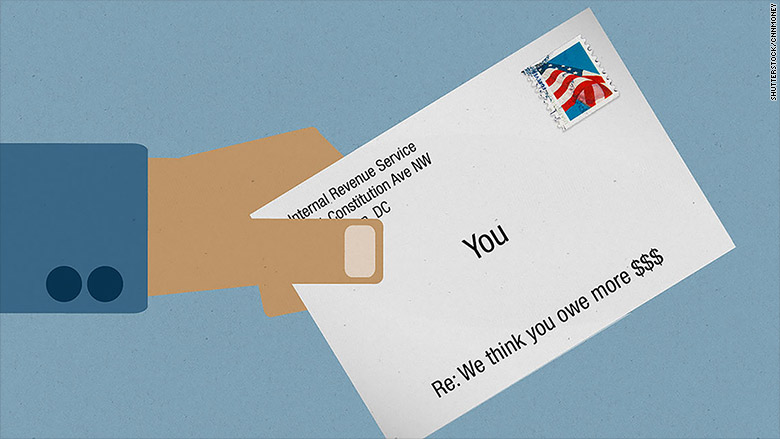
Thanks to persistent budget cuts, the IRS was only able to conduct 1.2 million individual audits this year, the lowest level in 11 years, according to new data from the agency.
Though dreaded by taxpayers, audits help keep filers honest and are an important source of income for the government. Revenue collected from audits sank to a 13-year low.
"Between 2005 and 2010, the revenue generated from audits averaged $14.7 billion annually. [Since then], it has averaged only $10.5 billion," IRS Commissioner John Koskinen said in an address to tax professionals on Tuesday.
For the upcoming tax season, Koskinen isn't expecting much better, unless Congress gives the agency more funding to replace at least some of the 5,000 enforcement personnel who were lost through attrition in the past five years.
"The government is forgoing billions just to achieve budget savings of a few hundred million dollars, since we estimate that every $1 invested in the IRS produces $4 in revenue," he said.
Related: Coming soon: New steps to prevent tax refund fraud
Taxpayer service is also unlikely to improve if lawmakers don't restore at least some of the budget cuts the agency has sustained -- which Koskinen said amounted to $1.2 billion over five years.
Service hit a new low last year, when only about 40% of calls to the IRS were answered and taxpayers seeking in-person help had to wait in long lines outside of IRS service centers.
It got so bad that callers who'd been waiting up to two hours on the phone for an agent would then be automatically hung up on -- a so-called "courtesy disconnect" -- when the system was overloaded, which often happened since so many people tried calling back, Koskinen said.
To avoid that fate this year, the IRS could upgrade to a "virtual hold" system wherein taxpayers could leave their phone number and get a call back when an agent is free. But to implement that would cost $45 million, Koskinen said.
He's asked Congress to provide more funding for the agency to hire and train more seasonal employees to answer taxpayer questions.
Congress hasn't decided yet on the IRS budget for this current fiscal year. But the expectation is the IRS won't see a big bump up in funding, if any at all. And there's some chance its budget could be cut further.
